TOPLINE MESSAGES
Plastic pollution is a problem we can fix
Plastics bring undeniable benefits – from energy savings to material conservation. Yet, the growing crisis of plastic pollution threatens both planetary and human well-being.
For decades, plastic pollution has infiltrated every corner of the world – contaminating the water we drink, the food we eat, and the air we breathe. Microplastics are now even found in our bodies.
This World Environment Day, we are mobilizing communities across the globe to implement and advocate for lasting solutions to #BeatPlasticPollution.
Change happens through all of us. The choices we make can shape industries, shift markets and redefine our collective future. Together, we can deliver an end to plastic pollution that protects people and the planet.
Solutions are available and come with undeniable benefits
The rewards of fixing plastic pollution are profound: cleaner oceans and lands, healthier people and ecosystems, greater climate resilience, and stronger economies.
A circular economy for plastics offers a sustainable path forward. This means we need to rethink how we design, make, use and reuse plastics. Products must be designed to be used more than once, and to be recycled at the end of their life. This shift must include all stakeholders across the plastics value chain. A just transition is crucial to protect the livelihoods of waste pickers and impacted communities, ensuring social equity and leaving no one behind.
A global treaty offers us a chance to end plastic pollution and protect people and the planet
In 2022, at the UN Environment Assembly, Member States agreed to begin negotiations on an international legally binding instrument on plastic pollution, including in the marine environment. Since then, countries have met at five sessions of the Intergovernmental Negotiating Committee (INC) on Plastic Pollution to work towards an agreement.
Now in the third year of negotiations, the second part of the fifth session of the INC(INC-5.2) will take place in Geneva, Switzerland, from 5 to 14 August 2025. This marks a critical turning point—a once-in-a-generation opportunity to secure a global treaty that redefines our relationship with plastics and safeguards human and environmental health.
FACTS AND FIGURES
Global consumption and production
- In 2025, the world is expected to consume 516 million tonnes of plastics.
- By 2060, annual global plastic consumption is forecast to reach over 1.2 billion tonnes.
Environmental impact
- Plastic pollution is present everywhere, from the Mariana Trench (deepest ocean point) to Mount Everest (highest mountain peak).
- Every year 19-23 million tonnes of plastic waste leaks into aquatic ecosystems, polluting lakes, rivers and seas.
- Around 13 million tonnes of plastics accumulate into the soil annually.
Health impact
- Plastics break down into microplastics and nanoplastics, which can enter the food chain and cause adverse health impacts.
- Microplastics have been found in human arteries, lungs, brains—and even in breast milk.
Recycling alone is not enough
-
It is estimated that only 21 per cent of plastic today is economically recyclable, meaning that the value of the recycled material is high enough to cover the cost of collecting, sorting, and processing it.
- Only 9 per cent of all plastics produced are actually being recycled globally.
A circular economy for plastics as a way forward
- A comprehensive circular economy approach could reduce the volume of plastics entering our ocean by over 80 per cent and save governments US$70 billion between 2021-2040.
Explore practical tips developed in previous years.

